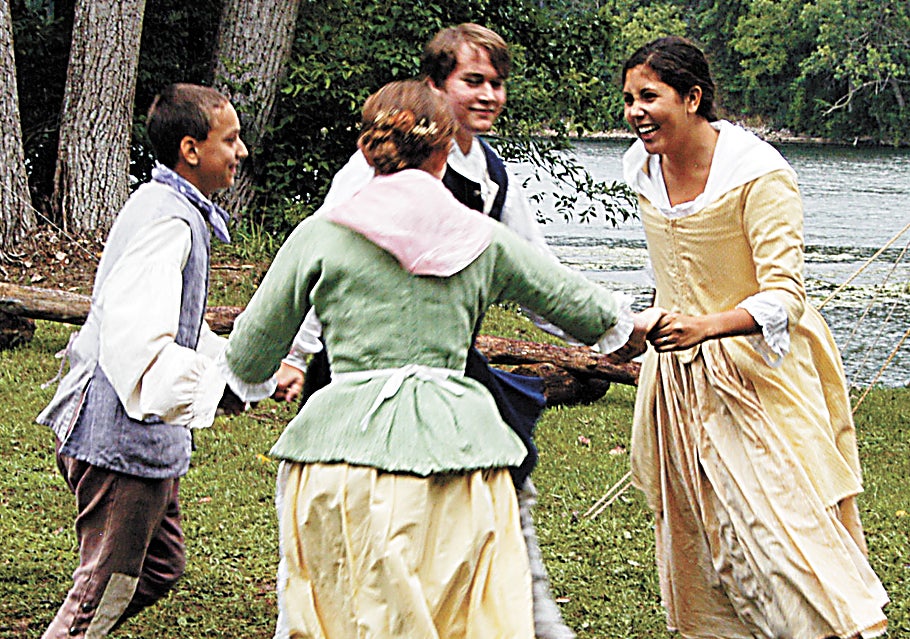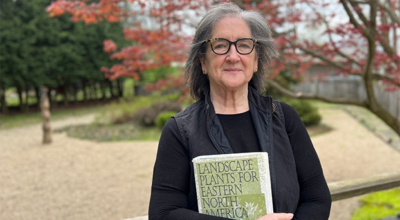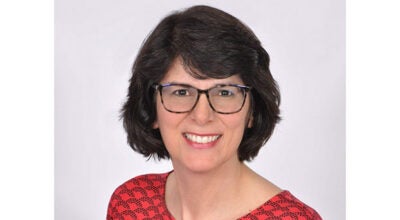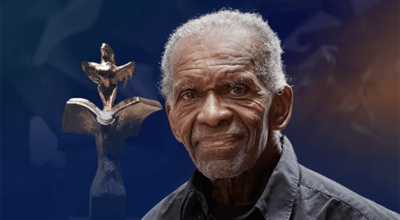Archaeology enhances history
Published 9:40 pm Thursday, August 9, 2012

Daily Star photo/JOHN EBY Local home schoolers directed for a year by Noel Bash of Stevensville (she worked at Colonial Williamsburg) demonstrated colonial dancing Thursday with the river as a backdrop.
With voluminous amounts of written documentation available, why bother with the difficulty of dewatering Fort St. Joseph’s watery grave and methodically exhuming artifacts?
“It’s not a document created on paper, but a document of things people made, used and lost or threw away,” Dr. Dean Anderson, state archaeologist of Michigan, said Thursday at the fort’s annual media day.
Tangible physical objects leave their own record “that can tell us things the documentary record may not,” Anderson said.
“Written records are created consciously by the literate and educated and reflect their interests and perspectives. In contrast, the archaeological record is a byproduct of our behavior. As a result, we all contribute. Literate and illiterate. Rich and poor. Young and old. Male and female.
“Many people who inhabited Fort St. Joseph during the 18th century may be invisible in written records. The archaeology record gives a glimpse into the lives of people who lived and worked in this relatively remote outpost on the Great Lakes frontier.”
Anderson contends people love archaeology because of its “wonderful sense of discovery that appeals to virtually everybody.
“It’s not all that accessible,” Anderson said. “Getting on a site and seeing archaeology first-hand is not easy, which I think is one of the most important aspects of this Fort St. Joseph project.”
In 2003, the project was an inaugural recipient of the governor’s award for historic preservation.
Dr. Alex Enyedi, dean of the Western Michigan University College of Arts and Sciences, likens the dig to time travel, recalling reading Stephen King’s “11-22-63” flying back from Amsterdam.
“This project lets you experience life several hundred years ago. Europe gives you a flavor for centuries of human habitation. A lot of habitation went on here, too, on the banks of the St. Joseph River.
“This program is a jewel in the crown of our university. It epitomizes opportunities we have for students to take the classroom into the real world. It’s an experience that lasts with our students for the remainder of their careers. The bugs, heat, mud, sweat and tears will all be worth it.”
WMU Provost Dr. Timothy Green extolled the field school as compatible with the university’s strategic plan “three pillars” of learner-centered, discovery-driven and globally engaged.
“We want graduates to leave campus with a portfolio of experiences,” he said.






